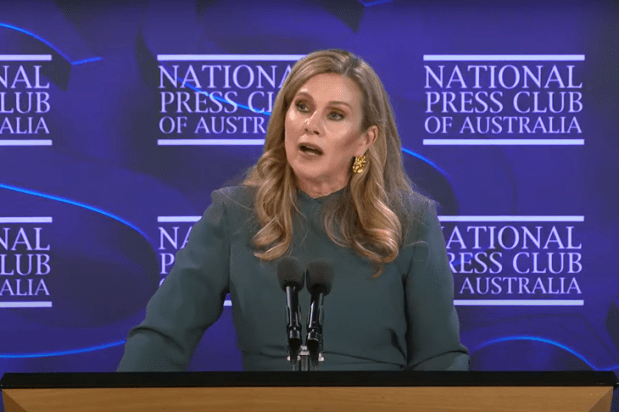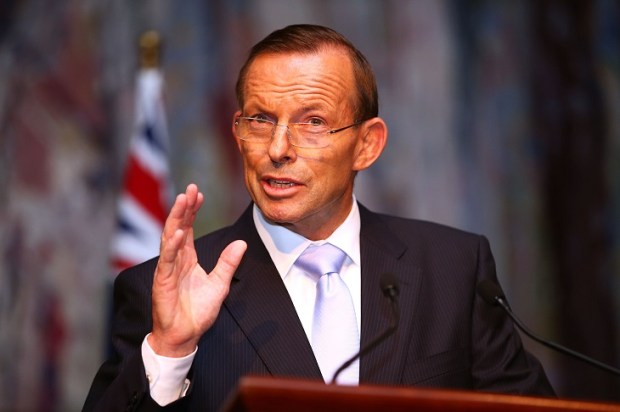What was Netflix’s Adolescence? An undoubtedly skilled portrayal of provoking fiction by an ensemble of gifted actors. What is it not? A fly-on-the-wall documentary that should be used as a policy framework to tell an already marginalised group of white working-class boys to curb their predatory emojis.
Adolescence is a 4-part drama that follows a 13-year-old boy accused of knifing his female classmate to death. From the first episode, the reveal of incriminating CCTV eliminates the mystery of culpability; the remainder of this glorified morality play is dedicated to unravelling what drove seemingly normal Jamie from hearty blue-collar stock to murder.
As he is interviewed by a psychologist in a detention centre, it emerges that he was teased at school for his inability to get a girlfriend and he perceives himself as ugly. The stark implication is that Jamie is a young man poisoned by toxic misogyny, plagued by the behemoth of notorious male influencers, after he admitted to asking out his victim when she was vulnerable, following an incident of revenge porn.
The moral of this story, and the agenda it appears to support, is grotesquely flawed. Across the four episodes, there is no evidence whatsoever that Jamie has been in any way influenced by male social media figures. In my opinion, it also lacks medical accuracy. Which is to be expected. The directors are writers, not qualified clinicians. This would be fine if people were treating this television program like the fiction that it is, but when the UK Prime Minister accepts its flawed premise of radicalisation, and Labour MPs are standing up in Parliament advocating it be shown in schools and prisons, the details matter.
Based on my training in cognition, Jack displays all the classic psychological signs of a child who has either been sexually abused in childhood, or who witnessed sexual abuse. He is prone to bursts of rage, he is uncharacteristically defensive when discussing the emotional intimacy of his core relationships, he sees romantic liaisons as an exchange of power, and he lies about his sexual experiences but without hyperbolising. His motivations do not appear sexual – he even admits that when he murdered his classmate, he didn’t touch her inappropriately as other boys may have done. His crime appears to be a self-defence mechanism of him being in some way violated, mirroring a fight response triggered by childhood trauma. Real-world figures back up my rudimentary diagnosis: a profile analysis indicates 50 per cent of murderers experienced psychological abuse, 36 per cent endured physical abuse, and 26 per cent suffered sexual abuse. Clearly, prior abuse is a very significant predictor for violent crime, and while this doesn’t excuse Jamie’s fictional behaviour, it challenges the oversimplified notion that every disturbing case must be framed as a broad societal issue.
Research indicates that 69 per cent of young teenage boys have been exposed to online content that promotes misogyny. Yet, there is no indication that this content is objectively harmful, considering the limited evidence that it translates into real-world aggression. In any event, the statistics are clear: young males are overwhelmingly more likely to be both the perpetrators and the victim of slayings, which rather rules out misogyny in all of those cases.
While there is no doubt social media has increased the visibility of such ideologies, there is no signal that its accessibility has resulted in more extreme views being held. Indeed, women are just as capable as holding intolerant views as men: only 35 per cent of women said they would date across party political lines compared to over half of men that would be happy to do so.
We have been here before. For years we indulged in the puritanical panic that ‘shoot ‘em ups’ games were creating a generation of serial killers. Yet the latest evidence, across numerous studies, shows violent video games do not manifest into actual violence, with even the American Psychological Association concluding their previous findings were based on tenuous data. Once again, evidence is simply not there to back up this trendy hysteria, so why is it happening?
As our political landscape becomes ever more imbued with the undercurrents of globalisation and big state intervention, society is now more collectivist than ever. This has given rise to the industrialisation of sociology, a pseudo-science that studies society and its various structures. This, in turn, has laid the foundation, and extensive taxpayer-funded financing, for a plethora of institutions, charities, and organisations that lambast our every behaviour as an illustration of systematic societal failure. Adolescence is like a God-driven springboard for them.
Unless there is clear data that shows a trend is transpiring, there is no need to start basing the school curriculum on isolated societal ills. Did we suspect Jack the Ripper was under the spell of a toxic white male of Victorian England, or did we take the approach that murderers are complex psychological oddities, not the product of a process that happens to ill-suspecting teenagers because of our failure to curb poor societal practices?
We see this same ‘sociology-centric’ approach in the realm of public health. We consider gambling a public health issue, despite the fact the rate of addiction has remained stable at around 0.3 per cent, and is therefore, evidently, not a societal issue. Instead of using our resources to specifically target it those who need our finite resources, we allow professional fanatics to suggest addiction is something you can catch from society’s high street bookmaker ‘obsession’. Now we have a £100 million dedicated to a statutory levy, to be distributed to ‘gambling harms’ charities for a problem that affects less than half a million UK adults annually. Campaigners are trying to do similar here, and are succeeding.
Adolescence is no doubt good TV, but it is no more accurate or representative than any other narrative of fiction. If this is the approach we want to take, what on Earth comes next – showing GCSE History students episodes of The Crown, or replacing PE lessons with a weekly showing of Gladiators? TV is not made to withstand Parliamentary scrutiny, and one disturbed mind should not become the yardstick by which we measure how debased our society has become. In this case, we really do need to Neflix and chill.

























